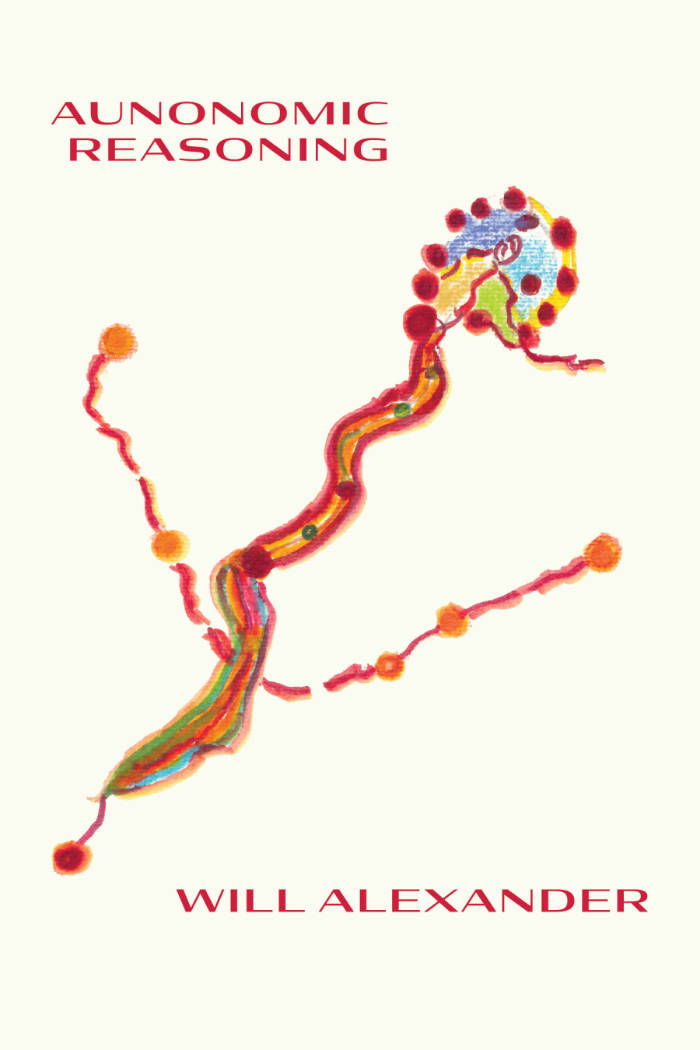
The Force of Non-Violence
Situating non-violence at the cross-roads of the ethical and political, The Force of Non-Violence brings into focus the ethical binds that emerge within the force field of violence. Non-violence is very often misunderstood as a passive practice that emanates from a calm region of the soul, or as an individualist ethic with an unrealistic relation to existing forms of power.
This book argues for an aggressive form of non-violence that struggles with psychic ambivalence and seeks to embody social ideals of inter-dependency and equality. Only through a critique of individualism can the ethical and political ideal of non-violence be understood in relation to the ideal of equality and the demand for grievability. In this psychosocial and philosophical reflection that draws upon Foucault, Fanon, Freud, and Benjamin, Butler argues that to oppose violence now requires understanding its different modalities, including the regulation of the grievability of lives.
The book shows how "racial and demographic phantasms" enter into the rationale for inflicting state violence and other modes of "letting die" by investing violence in those who are most severely exposed to its effects and subjugated to its lethal power. The struggle for non-violence is found in modes of resistance and movements for social transformation that separate off aggression from its destructive aims to affirm the living potentials of radical egalitarian politics
Language: English







